Swimming towels are essential accessories for swimmers of all levels, designed to dry off, warm up, and maintain comfort after swimming sessions. These towels are specially crafted to meet the unique needs of swimmers, providing absorbency, quick drying capabilities, and durability in aquatic environments. This comprehensive guide explores the importance, types, features, benefits, and considerations when choosing swimming towels.
Importance of Swimming Towels
After swimming, whether in a pool, open water, or during competitive events, drying off efficiently is essential for comfort, preventing chills, and maintaining hygiene. Swimming towels play a crucial role in absorbing water from the skin and swimwear, allowing swimmers to transition comfortably post-swim.
Types of Swimming Towels
Swimming towels come in various types to cater to different preferences and needs:
- Cotton Towels:
- Traditional cotton towels are soft, absorbent, and comfortable. They come in different sizes and thicknesses, offering options for quick-drying or more substantial coverage.
- Microfiber Towels:
- Microfiber towels are lightweight, highly absorbent, and quick-drying. They are compact and easy to carry, making them ideal for swimmers who travel or participate in outdoor activities.
- Hooded Towels:
- Hooded towels feature a hood at one end, providing additional warmth and coverage for the head and neck. They are popular among young swimmers or those seeking extra warmth after swimming in cooler conditions.
- Turkish Towels (Peshtemals):
- Turkish towels are thin, lightweight towels known for their softness and quick-drying properties. They are versatile and can be used not only as swim towels but also as beach blankets or wraps.
- Chamois Towels:
- Chamois towels are made from synthetic materials and are extremely absorbent. They are commonly used in water sports and swimming due to their ability to wring out excess water efficiently.
Features of Swimming Towels
When choosing a swimming towel, consider the following features to ensure it meets your needs:
- Absorbency: Look for towels made from materials like cotton or microfiber, known for their high absorbency and ability to soak up moisture quickly.
- Quick Drying: Opt for towels that dry fast between uses, which is particularly beneficial for frequent swimmers who need to reuse their towel throughout the day.
- Size and Thickness: Choose a size that provides adequate coverage for drying off comfortably, and consider the thickness for preferences ranging from lightweight to more plush options.
- Durability: Select towels with strong seams and quality stitching to withstand frequent washing and use in chlorine or saltwater environments.
- Softness: Prioritize towels that are soft and gentle on the skin, especially for young swimmers or those with sensitive skin.
- Compact and Portable: If you travel frequently or participate in outdoor activities, consider towels that fold or roll compactly for easy storage and carrying.
Benefits of Using Swimming Towels
- Comfort and Warmth: Towels provide warmth and comfort after swimming, helping to regulate body temperature and prevent chills.
- Hygiene: Drying off with a towel removes excess water and sweat from the skin, reducing the risk of skin irritation and maintaining hygiene.
- Quick Transition: Efficient drying with a high-quality towel allows swimmers to transition from the water to other activities or changing rooms comfortably and quickly.
- Versatility: Many swimming towels can be used for various purposes beyond swimming, such as at the beach, gym, or during travel, making them versatile investments.
- Personalization: Towels come in various colors, patterns, and designs, allowing swimmers to express their style and preferences while ensuring they can easily identify their towel.
Considerations When Choosing Swimming Towels
- Material: Consider the properties of different materials (e.g., cotton, microfiber) and how they affect absorbency, drying time, and comfort.
- Size: Choose a size that suits your needs, whether for wrapping around the body, covering a lounge chair, or for compact storage.
- Care Instructions: Check care labels for washing and drying instructions to maintain the towel’s quality and lifespan.
- Budget: Balance features and quality with your budget to find a towel that offers good value and meets your specific needs.
Maintenance and Care Tips
To ensure your swimming towel remains soft, absorbent, and in good condition:
- Wash Regularly: Follow care instructions and wash towels after each use, especially if exposed to chlorine or saltwater.
- Avoid Fabric Softener: Skip fabric softeners as they can reduce absorbency, particularly for microfiber towels.
- Dry Completely: Allow towels to air dry thoroughly between uses to prevent mustiness or mildew.
- Replace When Needed: Replace towels when they become worn out, lose absorbency, or develop unpleasant odors despite proper care.
Conclusion
Swimming towels are indispensable accessories for swimmers, providing comfort, warmth, and hygiene after swimming sessions. By choosing a towel that suits your preferences in terms of material, size, absorbency, and durability, you can ensure a pleasant post-swim experience while maintaining your skin’s health and comfort. Whether you opt for a classic cotton towel, a lightweight microfiber option, or a versatile Turkish towel, investing in a quality swimming towel enhances your overall swimming experience and ensures you’re always prepared for the pool, beach, or any aquatic adventure.












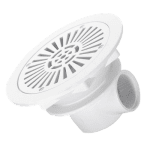





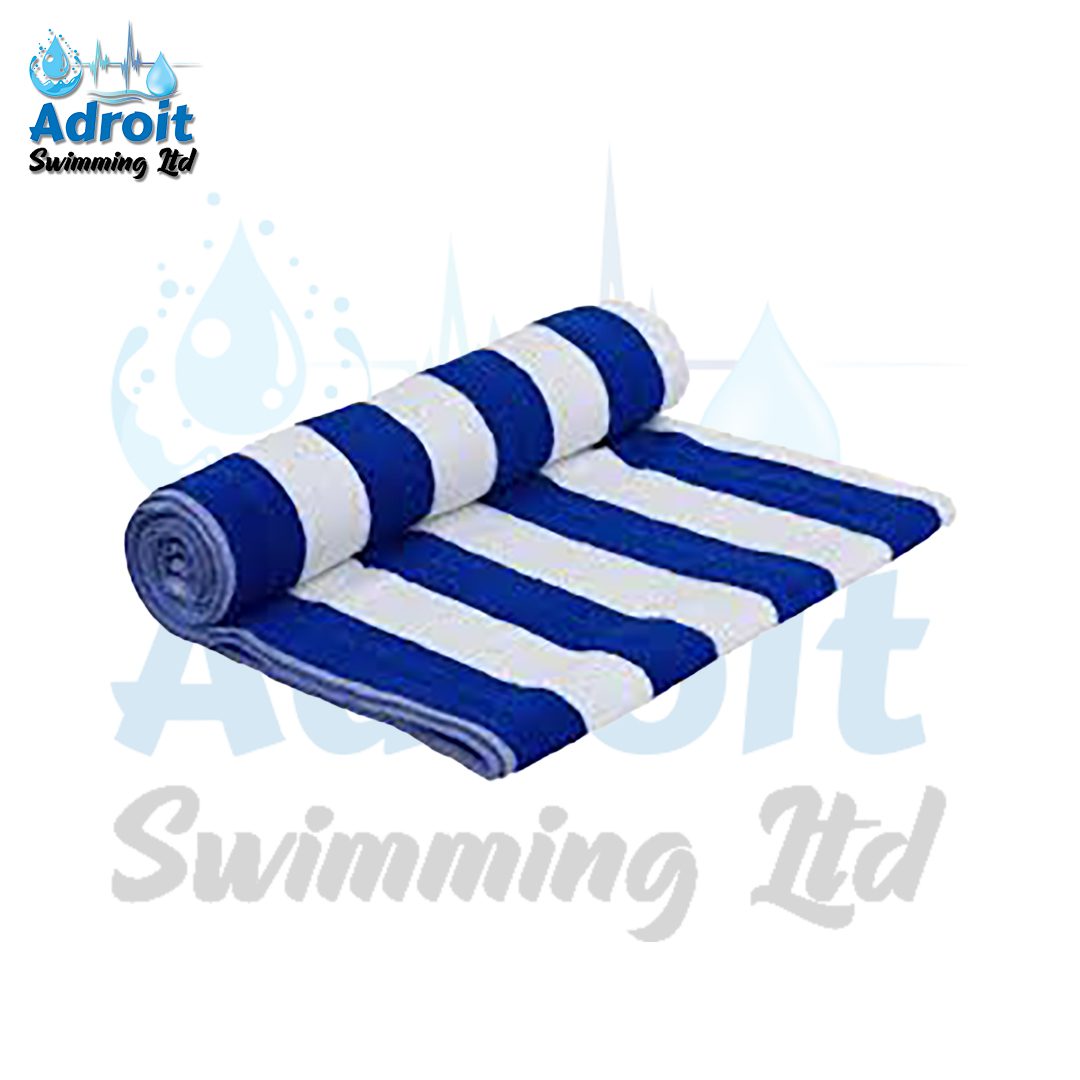
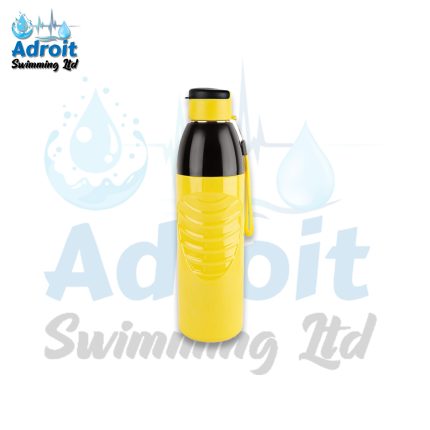
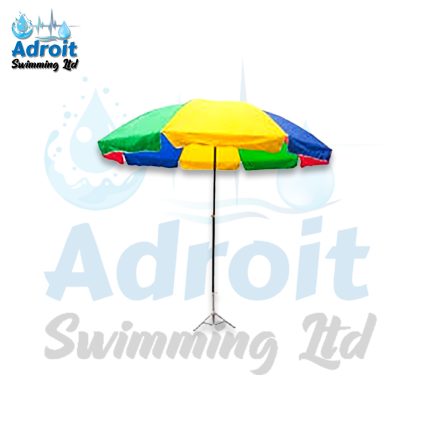
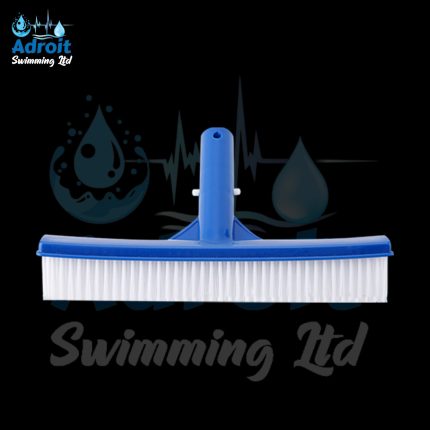
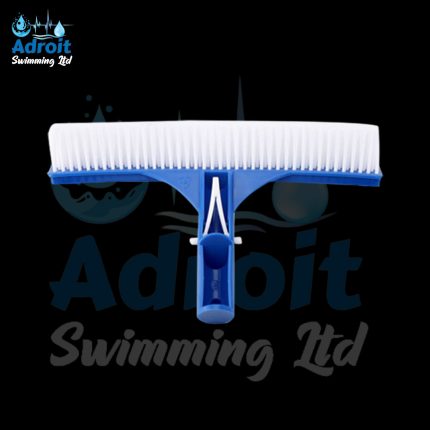
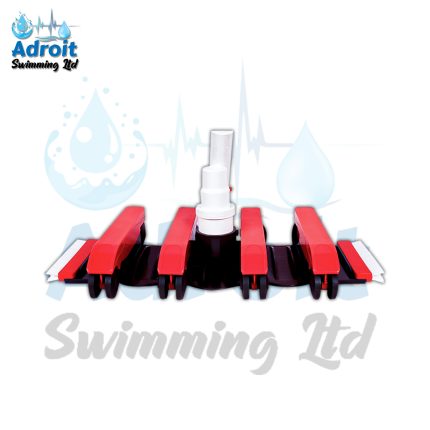
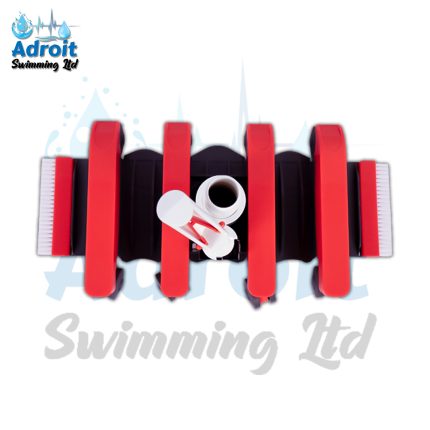
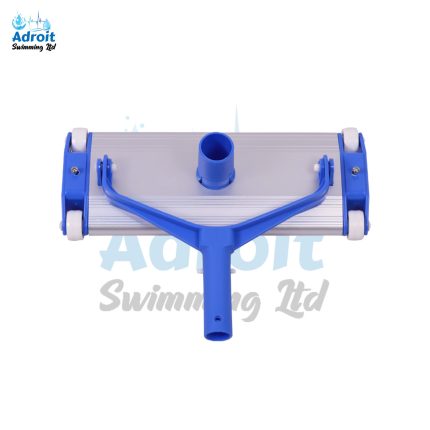
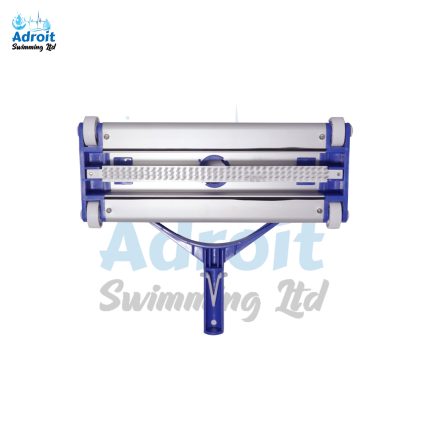
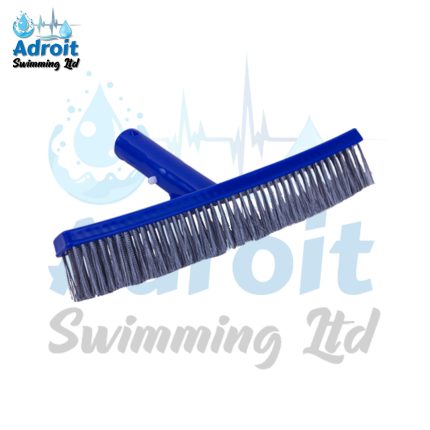
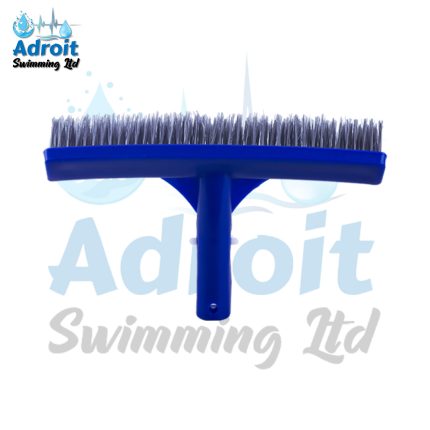
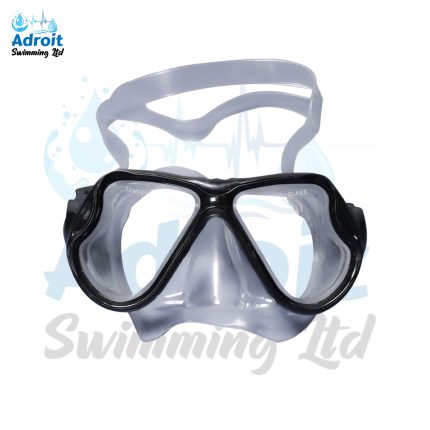
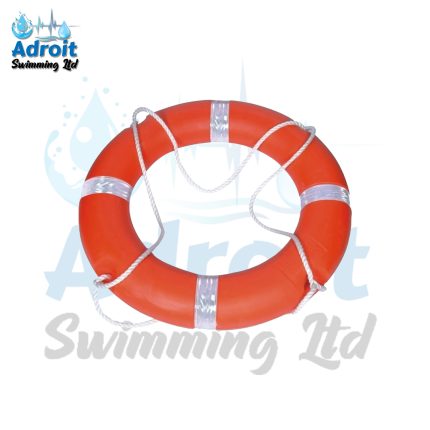
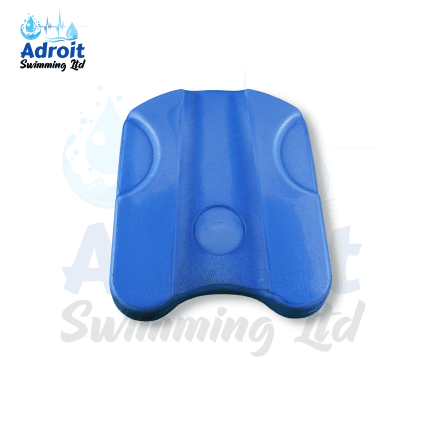
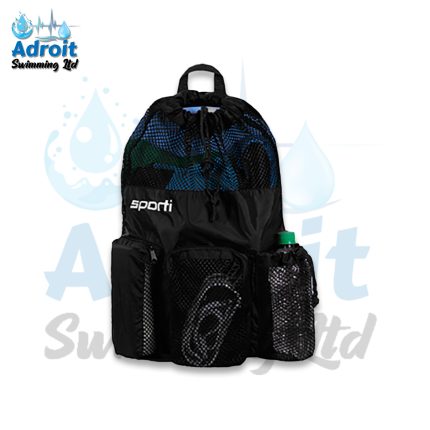
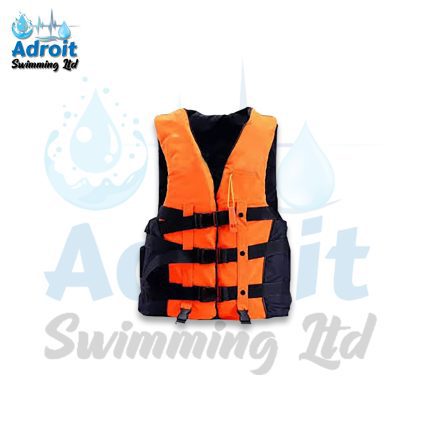
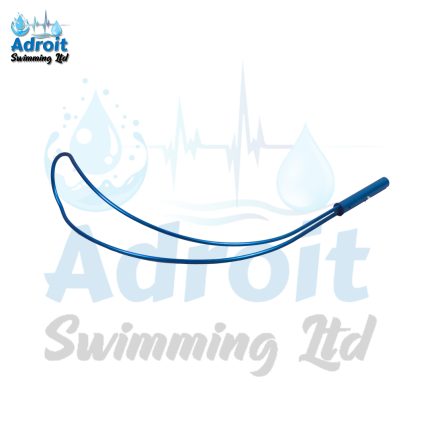
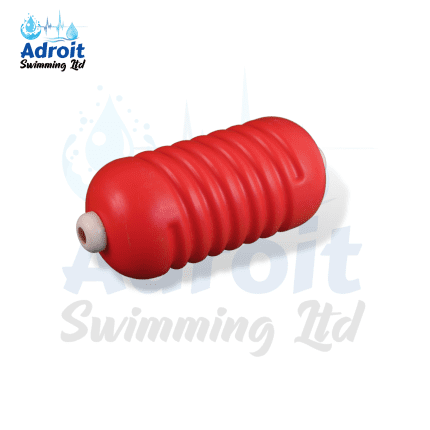
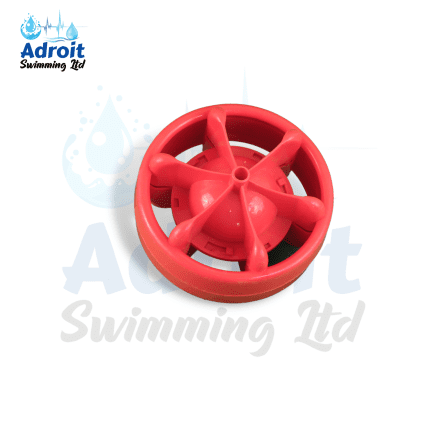
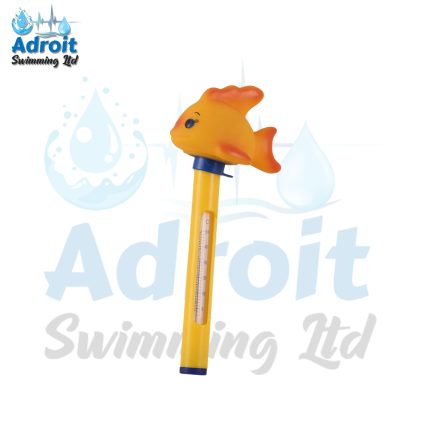
Reviews
There are no reviews yet.